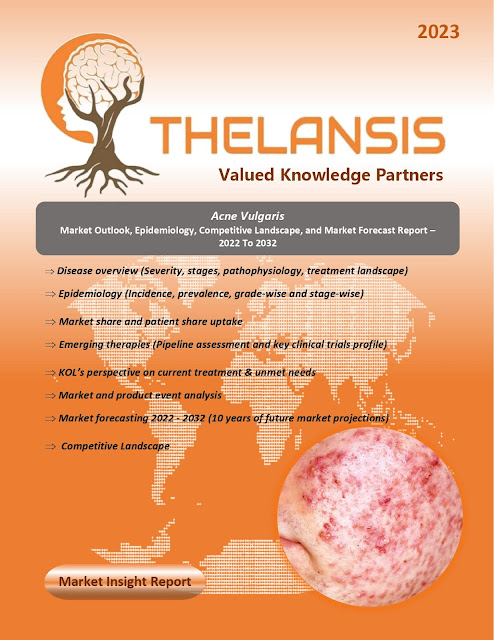Postpartum Depression (PPD) – Market Outlook, Epidemiology, Competitive Landscape, and Market Forecast Report – 2023 To 2033
Postpartum depression (PPD) is a severe health issue affecting about 15% of the female population after giving birth. It often conveys significant adverse consequences to the offspring. The symptoms and risk factors are similar to those found in non-postpartum depression. The main difference resides in the fact that PPD is triggered by postpartum-specific factors, including biological changes in hormone levels. PPD is under-recognized and undertreated. The obstetrician and pediatrician serve essential roles in screening for and treating PPD. Treatment options include psychotherapy and antidepressant medication. Obstacles to compliance with treatment recommendations have access to psychotherapists and breastfeeding mothers' concerns about the infant's exposure to antidepressant medication.
- Postpartum depression (PPD) affects between 6.5 and 20% of women. It is more common in adolescent girls, moms who have premature newborns, and women who reside in cities.
Thelansis’s “Postpartum Depression (PPD) Market Outlook, Epidemiology, Competitive Landscape, and Market Forecast Report – 2023 To 2033" covers disease overview, epidemiology, drug utilization, prescription share analysis, competitive landscape, clinical practice, regulatory landscape, patient share, market uptake, market forecast, and key market insights under the potential Postpartum Depression (PPD) treatment modalities options for eight major markets (USA, Germany, France, Italy, Spain, UK, Japan, and China).
KOLs insights of Postpartum Depression (PPD) across 8 MM market from the centre of Excellence/ Public/ Private hospitals participated in the study. Insights around current treatment landscape, epidemiology, clinical characteristics, future treatment paradigm, and Unmet needs.
Postpartum Depression (PPD) Market Forecast Patient Based Forecast Model (MS. Excel Based Automated Dashboard), which Data Inputs with sourcing, Market Event, and Product Event, Country specific Forecast Model, Market uptake and patient share uptake, Attribute Analysis, Analog Analysis, Disease burden, and pricing scenario, Summary, and Insights.
Thelansis Competitive Intelligence (CI) practice has been established based on a deep understanding of the pharma/biotech business environment to provide an optimized support system to all levels of the decision-making process. It enables business leaders in forward-thinking and proactive decision-making. Thelansis supports scientific and commercial teams in seamless CI support by creating an AI/ ML-based technology-driven platform that manages the data flow from primary and secondary sources.
-1.jpg)



Comments
Post a Comment